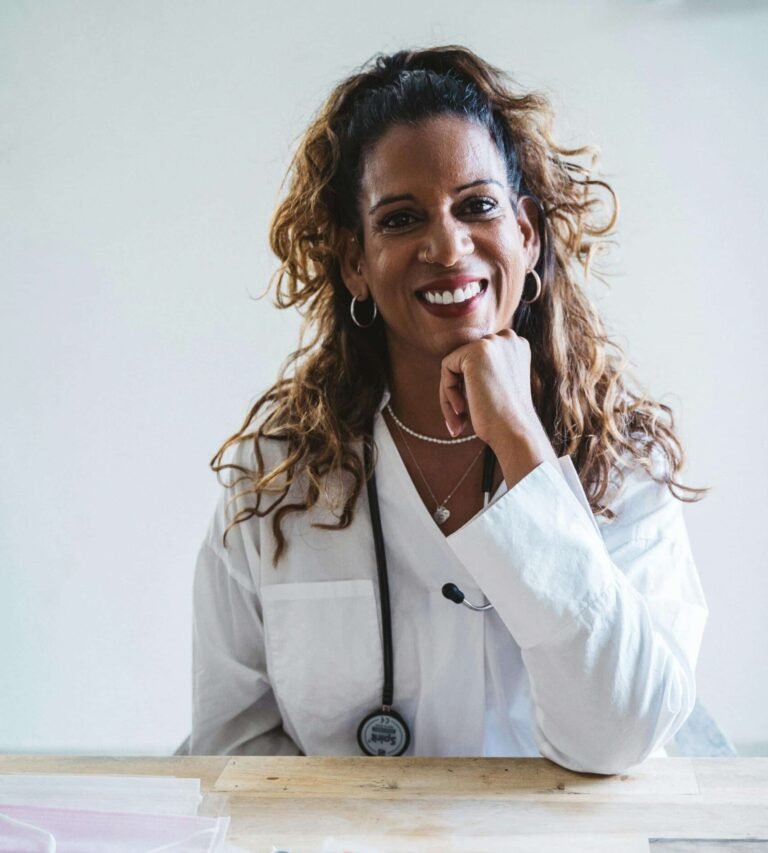Medical Tourism for Cosmetic Surgery:
What You Need to Know

In recent years, medical tourism for cosmetic surgery has gained significant popularity. People are increasingly willing to travel across borders or even domestically to undergo plastic surgery procedures. While the allure of lower costs and exotic locations is tempting, it’s crucial to understand the risks and considerations involved. Let’s dive into what you need to know about medical tourism for cosmetic surgery.
What is Medical Tourism?
Medical tourism refers to the practice of traveling to receive medical care, including cosmetic surgery. This can involve international travel, but it also includes domestic travel within a country. The primary motivation for many is cost savings, as procedures in some countries or cities can be significantly cheaper than in others.
Popular Destinations and Procedures
Countries like Mexico, Brazil, and Thailand have become hotspots for cosmetic surgery tourism. Even within the United States, cities like Miami have gained popularity for these procedures. Common surgeries sought include:
- Brazilian butt lifts
- Breast augmentation or reduction
- Rhinoplasty (nose jobs)
- Liposuction
- Facelifts
The Allure of Lower Costs
One of the main draws of medical tourism is the potential for significant cost savings. Many clinics abroad offer package deals that include not just the surgery, but also hotel stays and nursing care. Even with travel expenses, these packages can be cheaper than local options in some cases.
Risks and Considerations
While the cost savings might seem attractive, it’s essential to consider the potential risks:
- Quality of Care: Standards of care and safety regulations vary widely between countries and even facilities.
- Continuity of Care: Post-operative care is crucial. Many tourists struggle with follow-up care once they return home.
- Language Barriers: Communication issues can lead to misunderstandings about procedures or aftercare.
- Travel-Related Risks: Long flights shortly before or after surgery can increase the risk of complications like blood clots.
- Legal Recourse: If something goes wrong, you may have limited legal options in a foreign country.
Red Flags to Watch For
When considering medical tourism for cosmetic surgery, be wary of these warning signs:
- Not meeting your surgeon until the day of the procedure
- Lack of clear pre-operative and post-operative instructions
- Vague information about the qualifications of the “provider” performing your surgery
- High-pressure sales tactics or unrealistic promises
How to Protect Yourself
If you decide to pursue medical tourism for cosmetic surgery, take these steps to ensure your safety:
- Research Thoroughly: Verify the credentials and certifications of your chosen surgeon and facility.
- Plan for Aftercare: Identify a local healthcare provider who can assist with any post-operative issues once you return home.
- Allow Recovery Time: Plan to stay at your destination for an adequate period after surgery before traveling home.
- Ask Questions: Don’t hesitate to ask about the surgeon’s qualifications, the facility’s accreditation, and detailed pre- and post-operative care plans.
- Consider Domestic Options: Remember that medical tourism doesn’t always mean international travel. You might find qualified surgeons in other parts of your own country with lower costs.
The Importance of Board Certification
In the United States, choosing a board-certified plastic surgeon ensures a certain standard of training and expertise. The American Society of Plastic Surgeons (ASPS) requires its members to be certified by the American Board of Plastic Surgery, complete accredited training, and adhere to strict safety and ethical standards.
Conclusion
While medical tourism for cosmetic surgery can offer cost savings, it’s crucial to weigh these benefits against potential risks. Your health and safety should always be the top priority. Take the time to research thoroughly, ask questions, and consider all options before making a decision. Remember, cosmetic surgery is a significant choice that can impact your life for years to come. Make sure you’re doing it for the right reasons and with the right healthcare providers.
As we actively engage in the meticulous process of procuring “Essential Rice and Shelf-Stable Goods,” our team is dedicated to securing premium-quality products while simultaneously optimizing cost-efficiency. By leveraging our expertise and resources, we ensure that every bid is strategically crafted to guarantee access to essential items such as rice and long-lasting goods. This proactive approach plays a pivotal role in safeguarding food security, particularly during periods of heightened demand, scarcity, or unforeseen challenges.

Free Consultation


